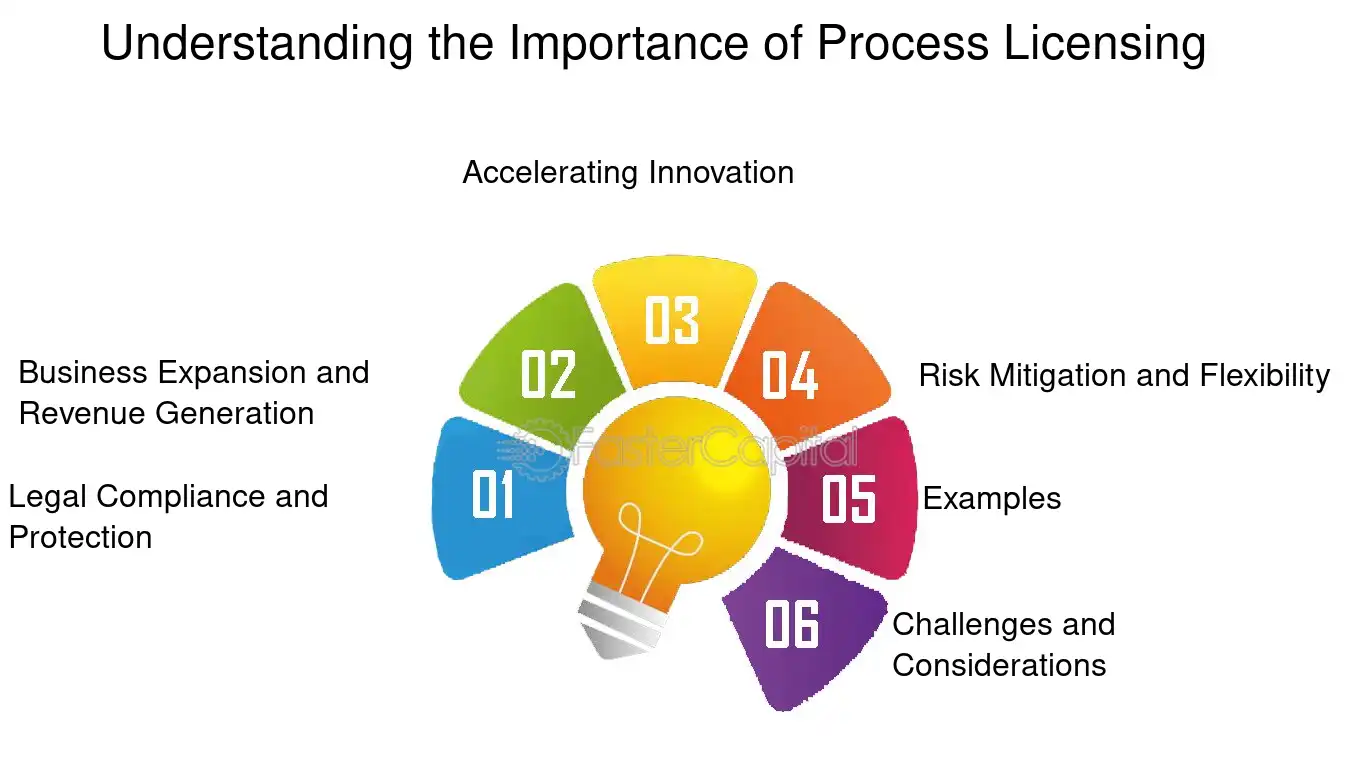Vehicle licensing is an essential aspect of responsible vehicle ownership and operation, ensuring that vehicles comply with safety and regulatory standards. This process is more than just a bureaucratic requirement; it plays a crucial role in promoting safety on the roads, generating revenue for local governments, and protecting the environment. In this article, we will delve into the significance of vehicle licensing, explore the steps involved in the licensing process, and highlight the numerous benefits it offers to vehicle owners and society as a whole.
The Importance of Vehicle Licensing
Vehicle licensing serves multiple critical functions that are fundamental to the safe and efficient operation of motor vehicles. First and foremost, it enhances road safety by ensuring that vehicles are in good working condition. Through regular inspections, licensing authorities can verify that essential components such as brakes, tires, and lighting systems meet established safety standards. This proactive approach helps reduce the likelihood of accidents caused by mechanical failures.
In addition to promoting safety, vehicle licensing fosters accountability among drivers. When a vehicle is registered, it is linked to a specific individual or entity, making it easier for law enforcement to identify owners in cases of traffic violations or accidents. This traceability helps maintain public safety and encourages responsible driving behavior.
Another significant aspect of vehicle licensing is its role in generating revenue for local and state governments. The fees collected from vehicle registration contribute to essential public services, including road maintenance, law enforcement, and transportation infrastructure projects. This funding is vital for keeping roadways in good condition and ensuring they are safe for all users.
Furthermore, vehicle licensing has a positive impact on environmental protection. Many jurisdictions require emissions testing as part of the licensing process, ensuring that vehicles comply with environmental standards. By limiting harmful emissions, vehicle licensing contributes to cleaner air and better public health outcomes.
The Vehicle Licensing Process
The vehicle licensing process is a straightforward yet essential procedure that varies by state or country. Typically, it begins with vehicle owners gathering the necessary documentation. This often includes proof of identity, proof of ownership (such as a title or bill of sale), proof of insurance, and sometimes a vehicle inspection report. Each jurisdiction may have specific requirements, so it is important for owners to check local regulations.
Once the required documents are in order, vehicle owners must complete a licensing application form. This form usually requests information about the vehicle, including its make, model, year, and Vehicle Identification Number (VIN). Many jurisdictions now allow applications to be submitted online, making the process more convenient.
Payment of licensing fees is another key step in the process. Fees can vary based on factors such as the vehicle’s age, type, and location. It is important for owners to be prepared to pay these fees when submitting their applications. Additionally, some states may charge extra for services like emissions testing or late renewals.
In many regions, vehicles must pass safety inspections and emissions testing before they can be licensed. These assessments ensure that vehicles are in good working order and comply with environmental regulations. If a vehicle fails the inspection, the owner will need to address the identified issues before reapplying for licensing.
Once the application process is completed successfully, vehicle owners receive their license plates and registration documents. It is important to display these items on the vehicle as required by local laws, as law enforcement may request to see them during routine stops.
Benefits of Vehicle Licensing
The benefits of vehicle licensing extend beyond mere legal compliance. For starters, having a licensed vehicle ensures that owners are adhering to the law, thus avoiding potential fines, penalties, or legal issues that could arise from operating an unlicensed vehicle. This legal protection is invaluable in maintaining peace of mind while driving.
Moreover, vehicle licensing is often a prerequisite for obtaining insurance coverage. Most insurance companies require proof of licensing before providing policies, ensuring that vehicle owners can protect themselves and others in the event of an accident. This is particularly important for safeguarding financial stability.
Another benefit of licensing is the enhanced resale value it provides. A licensed vehicle typically commands a higher resale price compared to an unlicensed one. Prospective buyers are more likely to invest in a vehicle with a valid license, as it signifies that the vehicle has been maintained properly and meets safety standards.
Finally, having a licensed vehicle contributes to a sense of responsibility and security for owners. Knowing that they are complying with legal regulations, ensuring their vehicle’s safety, and protecting the environment can foster a more positive driving experience.
Conclusion
In conclusion, vehicle licensing is a vital process that plays an essential role in ensuring the safety, accountability, and environmental compliance of vehicles on the road. By understanding the importance of vehicle licensing and navigating the licensing process effectively, vehicle owners can enjoy the many benefits that come with responsible vehicle ownership. Ultimately, vehicle licensing promotes safer roads and a healthier environment, benefiting not only individual vehicle owners but society as a whole.

